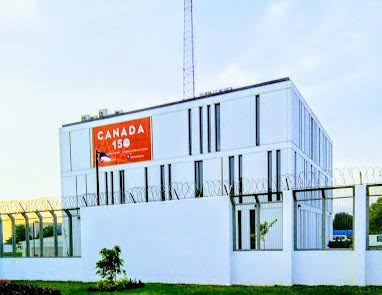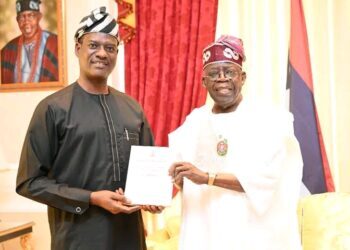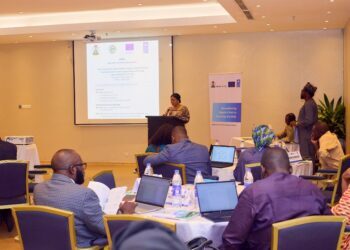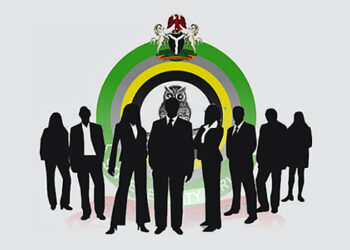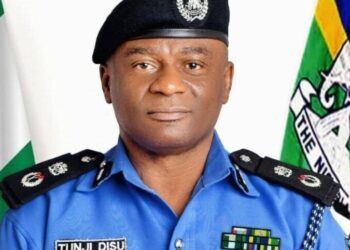The West Africa Youth Congress (WAYC) has called on the Nigerian government to suspend the operations of the Canadian embassy in Abuja following what it describes as the “disrespectful treatment” of Nigeria’s Chief of Defence Staff (CDS) and other senior military officials.
In a statement issued on Thursday and signed by WAYC’s Secretary-General and Head of Mission, Ambassador Mohammed Ahmed Marafa, the youth group expressed outrage over the reported denial of visas to the CDS and his delegation by the Canadian authorities.
“It has come to our attention that Nigeria’s Chief of Defence Staff, who also serves as the Defence Chief of the entire West African region, was denied a visa along with some of his top military officers by the Canadian embassy. This blatant act of disrespect and embarrassment should not be tolerated or ignored by the Nigerian Government,” the statement read.
According to WAYC, the Canadian government had invited the CDS and his team to an official event honouring war veterans but later refused to grant them the necessary visas. The youth group described this action as a sign of “significant disregard for the nation’s military leadership.”
WAYC has issued a three-week ultimatum for the Canadian embassy to offer a formal apology, warning that failure to do so would result in protests.
“Should the embassy fail to do so, we will mobilise protests to express our discontent over the humiliation inflicted on our senior military officers,” the statement added.
The youth group also urged the Nigerian government to take immediate action by suspending the embassy’s operations until an apology is issued.
Meanwhile, WAYC commended the Chief of Defence Staff, General Christopher Gwabin Musa, and his team for their “maturity and restraint” in handling the situation, stating that their professionalism had helped prevent a potential diplomatic crisis.


